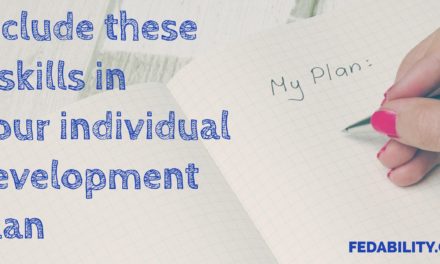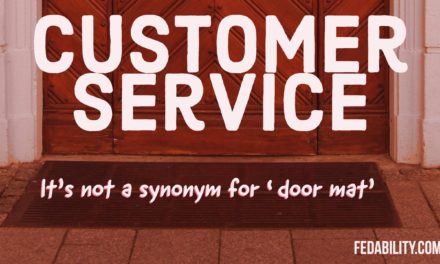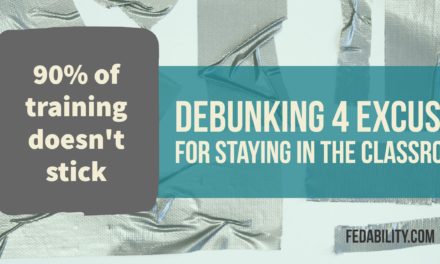Is there an inherent risk in knowing your why? Frederick Nietzsche once said, ‘He who has a why can endure any how.’ This suggests quite the opposite is true. In fact, Nietzsche seems to suggest that knowing your why will get you through the rough patches of life.
Yet, in a 2013 Forbes article Warrell writes: “A quick glance at employee engagement statistics points to a crisis of purpose and meaning on an unprecedented scale.” Arguably, the same could still be said in 2018.
If knowing your why is so great – then why are we in a perpetual crisis of purpose?
It’s because knowing your why is a risky business.
Knowing your why means you:
- Can’t settle for anything other that what gives you meaning.
- Feel a restlessness to work towards your purpose.
- Suffer setbacks and disappointments that are felt more strongly because they’re keeping you from achieving that purpose.
- Can become disillusioned when you uncover that some are not working towards that same purpose.
My story of seeking my ‘why’
Just out of college, I took a job in a call-center. Each day, I’d watch people with Masters and Doctoral degrees trudging out of the office. Just beat. And I thought, how horrible that they spent all that time getting a higher degree only to be so unhappy in their jobs. And, worse yet, that that’s how they spend a majority of their day (and therefore lives).
That’s when my ‘why’ came to me.
I decided that we spend too much time at work to hate what we do. And, I am going to focus my life on helping be happier at work. Largely this comes in the shape of helping managers become better leaders – but no matter what I’m doing – that’s my ‘why’.
As a result, I pursued a degree in Industrial Organizational psychology. It took nearly 9 years to achieve that goal. And, frankly, it was some of the toughest years of my life so far. I experienced the restlessness, the setbacks, the disillusionment. All of it. I came to several crossroads over those 9 years and wondered if perhaps this wasn’t for me. That perhaps, I should find something else. But, when I looked deep into myself – I found there was nothing I’d rather do in my life and that this too would pass.
For me, Nietzsche hit the nail on the head. It was a tough road of ‘how’ but my ‘why’ got me through it.
Knowing your why can be risky business
In our new Fedability course in developing an Individual Development Plan (IDP), there’s a segment on examining your big picture motivations and your little picture motivations. In a sense, I’m asking you to start thinking about ‘knowing your why’ because it will guide you in how best to develop yourself. But even more important, knowing your why will help you get through those rough patches.
But, I must admit.
There’s some riskiness in examining your why.
I sometimes wish I didn’t know my why. I look at those who see their job as a paycheck and I think – wouldn’t that be nice? Nice to not care? Nice to not have your heart broken when you experience the inevitable setbacks of achieving your why.
But then I remember. They may be comfortable – but I am alive in my passion for making people feel more fulfilled at work. If I succeed – I will have made at least a few people happier in that endeavor we spend most of our lives doing – earning that paycheck.
So I challenge you to consider your ‘why’.
What makes you feel alive? What impact do you want to have? Are you leaving a legacy (at work or otherwise) that means something – what is that legacy?
If you haven’t considered your why – why not? What’s keeping you from looking inside?
You might want to check out a prior post if you’re struggling with a job you aren’t happy in – but can’t seem to apply to a new one. Or, if you do know your why – you may also have found yourself feeling a bit…bitter. Check out: Confessions of a bitter high performer.
Knowing your why can be amazing
While there is some inherent riskiness in knowing your why, it can also be amazing.
As we learned from Alice in Wonderland: “If you don’t know where you are going any road can take you there”
The amazing part of knowing your why is that you can be laser focused on getting there. You get to ignore the distractions of other people’s ‘why’. And when faced with how to develop yourself – you may need help in the ‘how’ but you sure won’t need help with the ‘why’.





